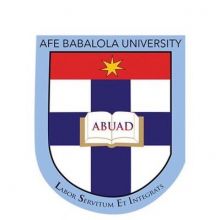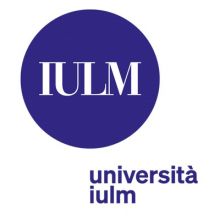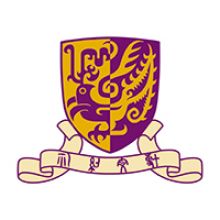
Many students worry about writing their personal statement because it is the first time they will have to write something personal about themselves with the aim to convey their personality and drive to a stranger. When you feel the pressure to write something that you believe must be extraordinary it becomes hard to write something credible.
Instead, when approaching the first draft of your personal statement, write simply and honestly. Remember, you are unique and different from every other applicant. Make your personal statement personal and you will stand out to the reader.
Create two lists
Write down one list detailing what you know about the course you would like to study and why you know it is the correct degree choice for you. The second list should focus on why you are the ideal student for that course and university. Use these lists to help you produce a more personal statement.
Thoroughly research your subject choice
Admission tutors will read your personal statement to help them evaluate whether you are right for the course. By attending open days, reviewing the course and module content and having researched the university’s values you should feel confident to share why you want to dedicate the next three years to your chosen course.
Promote the knowledge you already have and why you would fit in
Make it clear you have thoroughly researched the course and explain why you have made the decision to study it at university. Highlight the subject knowledge you already have and emphasis why you are the kind of student the university is looking for.
Show how capable you are
Provide an overview of how you have developed as a student and how your skills and unique personal qualities will enable you to thrive at university. Your personal statement needs to convince universities that you have the study skills to motivate yourself and work hard. Give relevant examples of how you have developed your independent learning skills and what motivates you.
Be original
You know why you got excited about the degree the moment you read the course information or when you attended a Q&A with one of the lecturers during an open day. Use your personal statement as an opportunity to share your enthusiasm.
Don’t use unsupported clichés
It’s a good idea to try and stay away from clichés as a rule, but if you do think that one will work in your favour make sure it’s supported. If it is the truth that you have wanted to study something from a young age then you may want to include this kind of statement.
What is more important is that you explain how this has inspired you to study supporting subjects and dedicate time to hobbies or interests that relate directly to what you would like to study at university and how this will help you.
Be aware of using the word "passionate" and a few others
Surely everyone who is applying to university must be passionate about their subject? Thousands of students will use this word at least once in their personal statement, so not using the word "passionate" will instantly set you apart from other applicants.
Other commonly used personal statement clichés, phrases and words include:
1. Mentioning your work experience at your "father’s company"
2. Using the phrase "quenched my thirst for…"
3. Any metaphors using fire, such as:
- sparked my interest
- burning desire
4. Starting the statement with "ever since I was a child"’ or "from a young age"
5. Using any of the following words:
- passion
- fascinated
- always
- ignited
- fuelled
- enthralled
- aspiration
- intrigue
- furthermore
- ground-breaking
- thought-provoking
- inspiring
- revel
Ask for feedback
Don’t be shy about asking people to look over it for you. When you have been working on something for a while it can be really hard to spot any mistakes or tweaks you should make. Ask friends, family, or a teacher to read it and give their honest opinion.
Writing your personal statement can seem like a daunting task but if you prepare properly and plan out what you want to say before you get started you will have it finished in no time. Remember that by writing a truthful personal statement, which is honest and simple, there will be no need to use clichés. It will also give you a unique edge that will set you apart from other applicants.
This article was updated by Student Content Editor Seeta Bhardwa in January 2020. This article was originally published in December 2015.

























Have your say